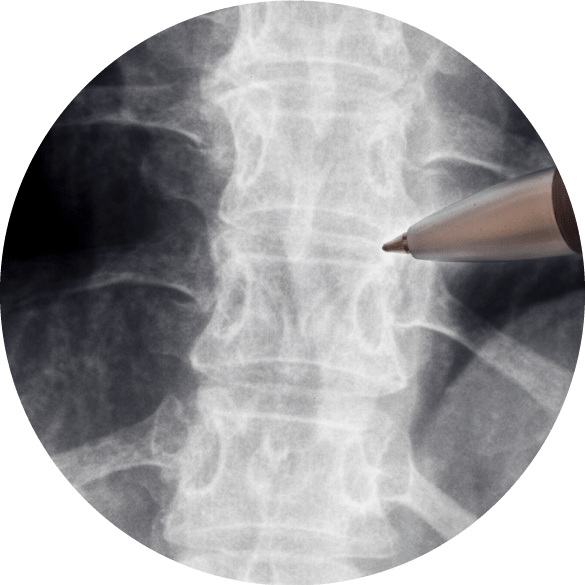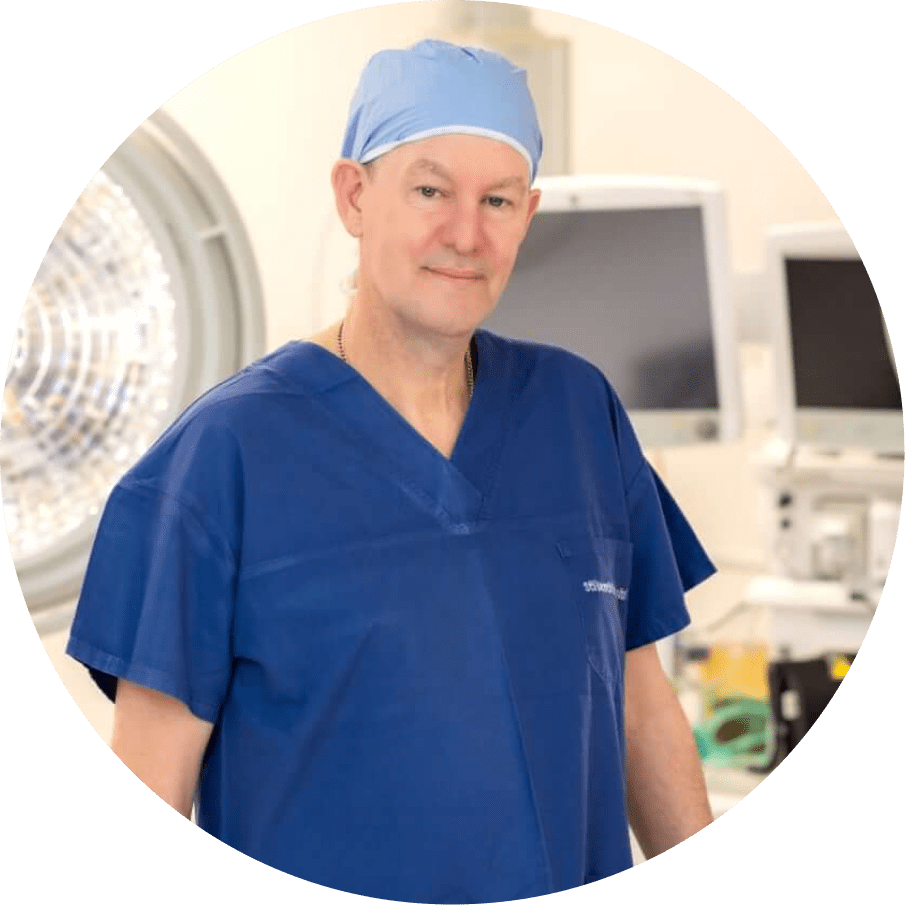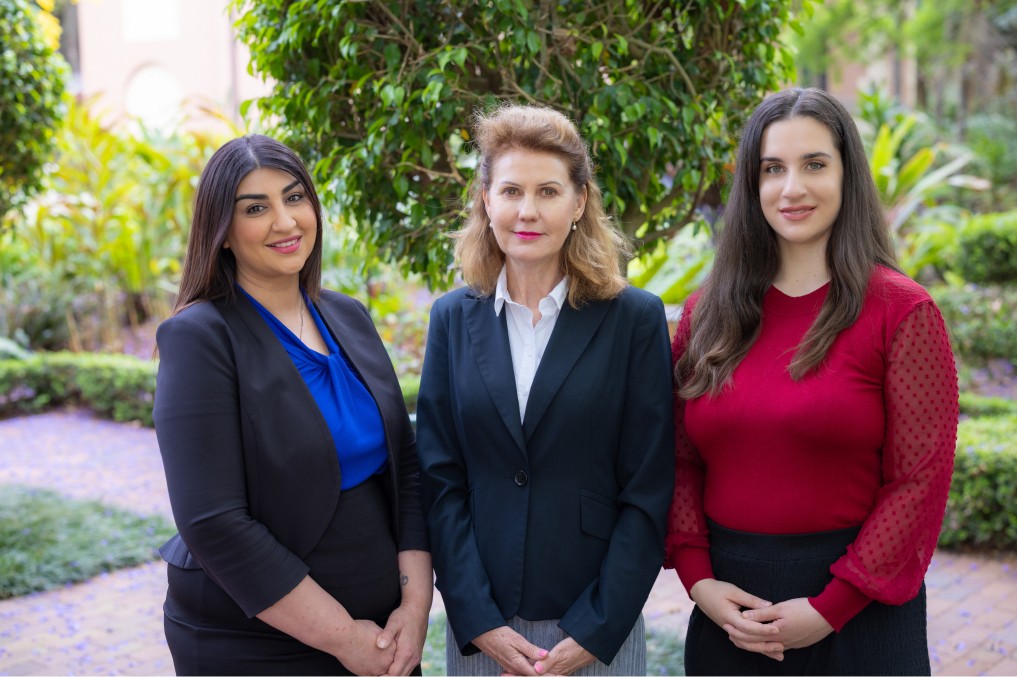
Here are some key aspects of endoscopic spinal surgery
During the procedure, the surgeon makes small incisions near the affected area of the spine. The endoscope is then inserted through these incisions, providing a clear view of the spinal structures on a monitor. Surgical instruments are passed through the endoscope to perform the necessary spinal repairs, such as removing herniated disc material or decompressing nerve roots.
Patients who undergo endoscopic spinal surgery often experience shorter hospital stays and faster recovery times compared to those who have open surgery. Many people can return to normal activities sooner.
Since the procedure is less invasive, patients typically experience less post-operative pain, which may reduce the need for strong pain medications.
Depending on the complexity of the surgery and the patient’s overall health, endoscopic spinal surgery may be performed on an outpatient basis or require a short hospital stay.
Like any surgical procedure, endoscopic spinal surgery carries some risks, including infection, bleeding, nerve damage, or failure to relieve symptoms. However, the overall complication rate is typically lower than with open surgery.
Endoscopic spinal surgery requires specialised training and expertise. Patients should seek out a skilled and experienced surgeon who is familiar with this technique. Dr Parkinson has significant experience performing minimally invasive, endoscopic spinal surgery.
However, the suitability of this approach depends on the specific spinal condition and the patient’s individual circumstances. Patients considering this procedure should consult with a qualified neurosurgeon to discuss their options and develop a personalised treatment plan.

MBBS, BMedSci, FRACS
Neurosurgeon & Spine Surgeon with 25+ Years Experience
He consults and operates from Sydney’s most advanced neurosurgical and spinal surgery hospitals, including St Vincent’s Private Hospital, Prince of Wales Private Hospital and The Mater Hospital.
These hospitals offer the latest neurosurgical facilities, including cutting-edge imaging equipment and surgical navigation systems, dedicated and well-trained theatre clinical staff, as well as post-surgical rehabilitation specialists.
A/Prof Parkinson’s areas of expertise include surgery of the entire spinal column, peripheral nerve surgery, as well as physical rehabilitation after surgery, and for athletes that have suffered brain or spinal injuries.
Please get in touch with our reception team if you have a general enquiry for A/Prof Parkinson, or your would like to book an appointment.
